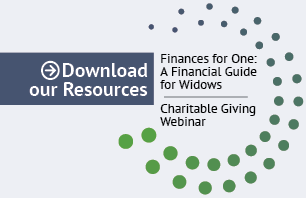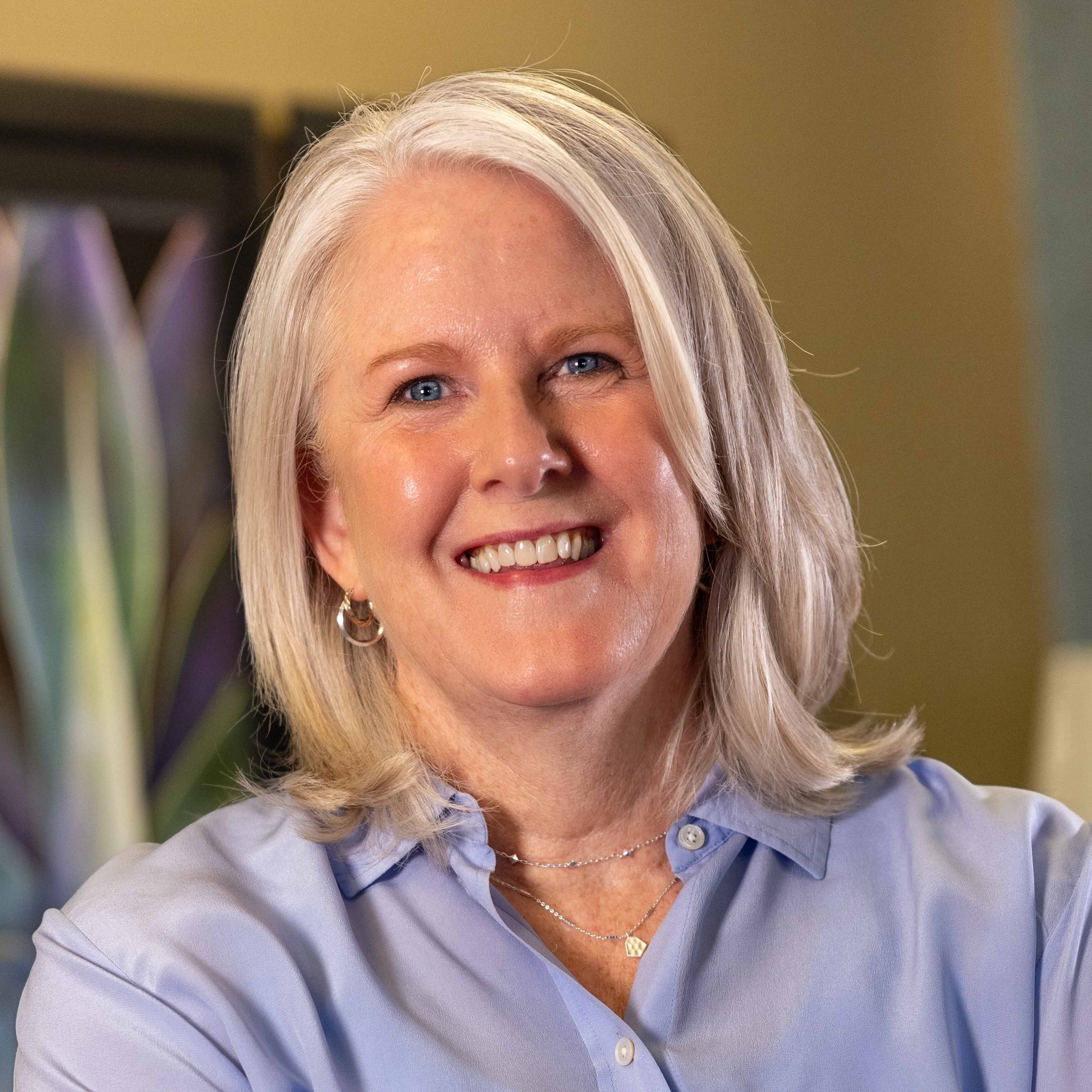 During our record breaking cold snap in Minnesota, I saw many friends posting about Marie Kondo-ing their house. Schools were closed and it was dangerous to go outside, so what else did Minnesotans have to do but reorganize? I have to admit when Netflix put Tidying Up on my “Recommended for You” list, I was a bit offended. How did Netflix know my house needed tidying? Only after my daughter told me how much she liked the show did I watch it. Then I tidied my house. And now I’m a believer.
During our record breaking cold snap in Minnesota, I saw many friends posting about Marie Kondo-ing their house. Schools were closed and it was dangerous to go outside, so what else did Minnesotans have to do but reorganize? I have to admit when Netflix put Tidying Up on my “Recommended for You” list, I was a bit offended. How did Netflix know my house needed tidying? Only after my daughter told me how much she liked the show did I watch it. Then I tidied my house. And now I’m a believer.
If you are uninitiated, Marie Kondo has a book and Netflix series about organizing and tidying your house. Her premise is to go through your items by category and keep only those items that “spark joy”. Social media is having a lot of fun with the “sparks joy” concept, but once you get into it, you understand.
I’ll leave Marie to tell you how to tidy your house. What I’m tackling here is how to tidy your finances. The idea came to a client after he used Marie Kondo’s methods to tidy his house; he realized he really needed to use the same principles on his finances. That’s when he called us. We are a Financial Planning and Investment Management firm who help people improve their financial well-being. We are all about helping people find joy with their finances. Below are a few ways you may be able to find your financial joy.
Organize your Documents to Save Yourself Time
Your finances can feel discombobulating if you don’t know where you stand. As financial advisors, we help people see the big picture of their financial well being. There are a few steps to get there. The first is to organize your financial documents.
I’m the bill payer in the family but the other day my husband decided he wanted to call the cable company and needed the account number when I wasn’t home. He really dislikes the cable company so it was with a bit of joy (or reduced annoyance) when he could find the number easily. All he needed to know was where the files were located. Once he found the files, it was easy for him to find the cable account number.
It helps to keep your important files (like the ones indicated below) together so you can easily find them. There is nothing joyful about spending precious time looking for stuff. These files could be online files as well. I like to keep a paper copy of each of my bills. Note “a” copy. Not all the bills I’ve ever received. Keeping one copy of each utility or bill will help us find the account number, address of the payee, and allow anyone who might take over paying bills for me know what might be coming. Since I have a copy of each bill, when the next month’s bill comes in the mail, I look at it to make sure it makes sense, and since the bill will be paid automatically out of my account, the bill immediately goes in the shredder pile. If the bill comes in my inbox, all the better – it gets deleted after I review it.
Below is a list of files beyond the copy of my monthly bills that I like to keep together:
-
Investment and Retirement account statements
-
Insurance policies
-
Estate Planning Documents
-
Health Insurance and employer benefit information
-
Medical information
Know your Basic Financial Components
Once you’ve organized, understanding the various pieces of your financial life is the next step in knowing how you stand financially. The key pieces of information to know are your:
-
Income: How much money reaches your bank after payroll deductions like taxes and medical insurance.
-
Expenses: Monthly such as mortgage and utilities as well as non-monthly such as insurance payments and property tax.
-
Debt such as mortgage, car payment, student loans, credit card bills.
-
Savings and investment rate. This is the percentage of your income that you are saving and investing for your future.
-
Your net worth. You arrive at this number by adding up all you own and subtracting all you owe.
 Know Where you Stand. Create a Financial Plan.
Know Where you Stand. Create a Financial Plan.
As financial advisors, one of the processes we walk through with clients is to create a financial plan with them. This personalized plan takes into account all of the numbers above and adds in their short term and long term goals. It’s very rewarding to see the joy many clients experience walking through their plan when we show them how likely they are to reach their goals. What I also find interesting is how appreciative clients are even if the plan shows them how difficult it will be to reach their goals as stated. It’s better to know your plan needs and adjust rather than continuing to head down a path that you worry might not be getting you to your desired destination.
Consolidate your Employer Retirement Accounts
Maybe over the years you have enjoyed a variety of jobs and now you have a number of employer retirement accounts such as 401ks that you are keeping track of. Does collecting all the statements, adding up the balances, choosing investments inside the accounts, calculating if your asset allocation is correct, figuring out how to rebalance the accounts—give you joy? If not, you might benefit from consolidating your accounts to your existing employer’s 401k account or to a single Individual Retirement Account (IRA). You could set up an IRA and transfer all the employer retirement accounts (except the one held at your current employer) into the IRA. For simplicity sake, you would want to transfer directly from the outgoing account to the new IRA (and not receive a check made out to your name). This will preserve the full tax deferability of these accounts. Once in the IRA, your funds will grow tax free and now you only have to worry about managing one account, not several. If you were over 55 when you left these employer plans make sure to work with a financial advisor before deciding to consolidate your retirement account.
Consolidate your Funds
Perhaps you were like me in my earlier days. Before I became a Certified Financial Planner®, I was a financial enthusiast. I’d research the highest rated mutual funds and invest in a variety. After a few years of that I had funds all over the place. If you were like my former self you may have the sneaking suspicion that this compilation of funds doesn’t add up to a rational portfolio. Not only that, but what you collected in your earlier days might be too aggressive (or conservative) for your current goals. This likely doesn’t spark joy. The answer could be to consolidate your funds to one account at a brokerage firm. Once the funds are all in one place, you could clean house and create a balanced portfolio. If you need help with this, you could work with a financial advisor to create a portfolio for you and help you create a capital gains budget to keep your tax situation within expectation.
Some of the benefits of consolidation include:
-
There is simply less housekeeping to do.
-
It is easier to track your asset allocation.
-
Rebalancing to keep true to your asset allocation is much more manageable.
-
You reduce the number of passwords you need to remember.
-
Tax time is much simpler with reduced number of 1099s.
-
It is easier to properly take Required Minimum Distributions (RMDs) from retirement accounts after you reach the age of 70.
Align your Joy with your Money
There are many elements in your life that spark joy. They can include your family, friends, hobbies, work, and your values. We noticed a lot more people are interested aligning their money with their values. It allows them to combine what is most important to them with their financial resources. We have found this alignment can be an important aspect in being comfortable with their financial condition. Here are a couple ways to accomplish this:
Be Mindful of your Charitable Giving
One way to spark joy with your money is to consider what values are most important to you and dedicate your charitable giving dollars to causes that support those values. So many times we give out of habit or simply when asked. We’ve seen people receive tremendous joy directing their giving to a problem they would like to see eliminated or a positive community goal they would like to foster.
Invest in Socially Responsible Impact Investing
Also known as Environmental Social Governance investing, this method of investing allows you to invest your assets in a way that reflects your values. Money managers who utilize this strategy consider both financial return and social, environmental and governance practices to bring about a positive change. There has been huge growth in this area of investing and you may be able to invest a significant percentage of your assets in a way that supports what is most important to you.
As a financial advisor I see money as a tool and a resource to help you live your best life. Money can have an effect on your well being. Arranging your financial life to understand your situation by organizing, knowing your numbers, having a path to achieve your goals and aligning your money with your values can go a long way in sparking joy. It may be an overwhelming task to tackle but if you take it in stages and work room by room, the end result will leave you feeling accomplished.




